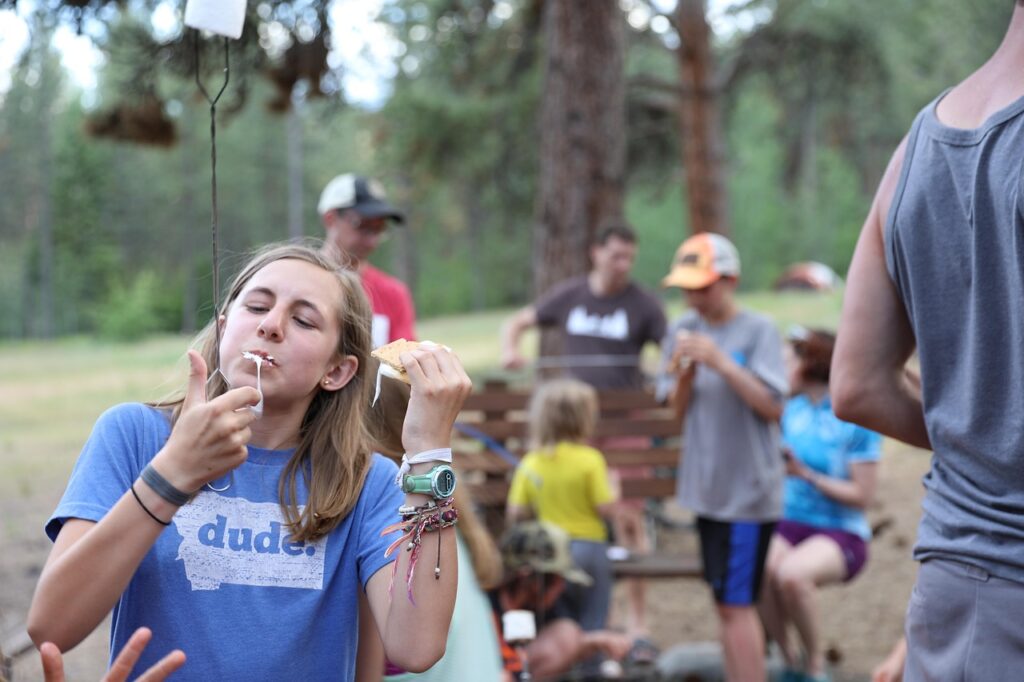Planning for summer two to three months in advance allows everyone in the family to prepare for, and enjoy summer with less stress, conflict and uncertainty.
Once the summer schedule is set, parents may still make requests of one another for schedule changes in order to take advantage of spontaneous opportunities with the kids, which they may accommodate by agreement. By reviewing the entire summer as one visual piece, coParents can see where schedule adjustments make sense to ease bumpy transitions. coParents can swap time around to benefit the children’s regular and punctuated contact with each parent.
Working together to make summer a relaxing and fun break from the hubbub of the school year, gives kids lots of fun memories in their two-home family. When parents find it difficult or impossible to work together, your well-crafted parenting plan will stipulate how the summer schedule will proceed, how vacations are determined, and the priority of holidays and special occasions. Remember that your goal is a summer schedule with the least amount of conflict and a general sense of ease for the children.
Along with considering how you and the children value particular days, know that you can also “horse trade” days or overnights with your coParent to allow the children’s schedule to run more smoothly and allow both of you to get your agendas honored.
For example, your coParent has a special opportunity to take the children on a camping trip over July 4th, and that happens to be a holiday assigned to you this year. Is there another holiday or special weekend that would allow you to offer your July 4th holiday in trade?
Being flexible with one another and focusing on facilitating good experiences for your children while respecting each other’s time with the children will pay off big dividends in the future with respect to rebuilding trust and expanding opportunities for both you and your children.
As children get older, they have increasing opportunities to be away from home during the summer at sleep-away camps, internship or other learning/volunteer experiences, and their own work schedules, which impact your residential time.
Our first job as parents is to facilitate these experiences for our children. Our second job is to look at the schedule and create opportunities for the child to see each parent when returning home after extended leave.
Your parenting plan can not anticipate all the different life experiences you’ll face with your children or guarantee good coParenting judgment for both of you. You can only do your best when the time comes to create a positive coParenting atmosphere and family life for children.
Editor’s Note: This is an excerpt from Karen Bonnell’s book, THE PARENTING PLAN HANDBOOK. For more information on Karen or her book, you’re invited to visit http://coachmediateconsult.com/the-parenting-plan-handbook/











